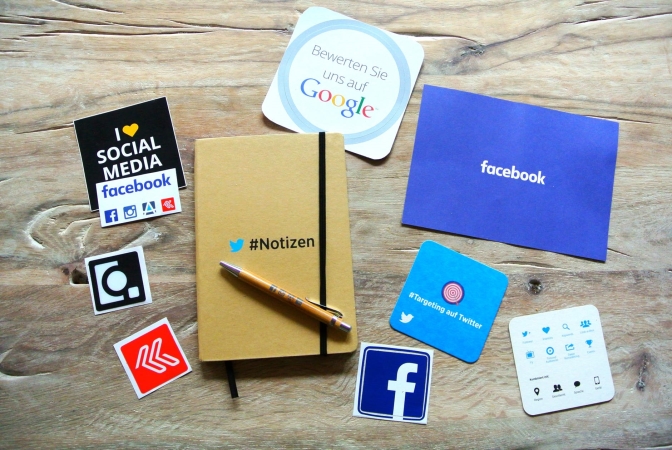One thing you can say about influencer marketing is it gets itself noticed. Newspapers, websites & social media are full of stories about the power of social media influencers such as Zoela or PewDiePie.
With it's heady mix of wealth, fame and power it's unsurprising that influencing is seen as the new rock and roll. So much so that the vocation has its own wannabes, posting photos of themselves with desirable products or in luxury hotel rooms for no recompense, just trying to get noticed by the brands they want to promote.
Whilst influencer marketing can touch on anything from travel to fashion, as a profession it's a digital native. Unsurprisingly then digital products such as apps and especially mobile games feature heavily when looking at the interests of influencers.
How then does an app or game developer evaluate whether using influencers is right for their product? The big plus of digital marketing is its measurability, something that seems lacking when talking about the influencer channel. To answer these questions and others we caught up with Heini Vesander of Matchmade, the Helsinki and Berlin based influencer platform for games.
1. What is influencer marketing?
Influencer marketing is the act hiring social influencers (like YouTubers, Twitch broadcasters or Instagram influencers) to review or promote an advertiser's company or product. Influencers have a much bigger impact on intent-to-buy than 'traditional' celebrities, which is why influencer marketing is a rapidly growing marketing channel. Influencers are relatable and credible, and usually only accept paid promotions from companies and products that they actually enjoy. Influencers have grown their fan base through being, well, influencers, and consumers opt-in to hear what they have to say. Through influencer marketing, advertisers want to impact the public's opinion about their product as well as generate sales.

2. How does this differ from PR, or other previous uses of prominent individuals to move product?
PR is very different than influencer marketing as it's a communication function, where companies engage with the media to tell their story via editorial storytelling. PR is usually about telling a story behind a product in a way that is interesting for the media outlets' audience. PR is not paid and is not about direct marketing or sales. Influencer marketing lies somewhere between PR and advertising - good influencer marketing allows the content-creator to tell a product's story through their own authentic voice, which makes it relatable and interesting for their audience. Influencer marketing is (usually) paid, however, which is important to disclose publicly. Hiring influencers to promote a company or product is effective because their followers want to watch their content and hear which products they like.
3. How can the effectiveness of influencers be measured
That's a great question and it comes down to the advertiser's goals. In this blog post, we go through influencer marketing KPIs in more detail, but essentially advertisers can look at 1) viewership for the sponsored content, 2) engagement with the sponsored content and 3) actions from the sponsored content; this can be link clicks or downloads, to evaluate the effectiveness of their campaigns. To get great results, planning influencer marketing and selecting the right influencers is critical. Advertisers need to look beyond subscriber numbers and evaluate average viewership and engagement of a channel. Also, it's super important to find influencers that are a content-match. If your product isn't relevant for the influencer's audience the campaign's outcome will be negative to all parties involved. We use data to find the right channels for advertisers to recommend deals that are beneficial for both advertisers and content creators.
4. Why is mobile gaming a relevant vertical for influencers?
Well, mobile gaming is massive. According to Newzoo, over half of the game industry's revenue is from mobile games; essentially everyone plays on mobile. Also, some of the biggest YouTubers are gaming-channels (e.g. Ninja and PewDiePie) which means that there is a large audience for gaming content. There are over 3.7 million gaming channels on YouTube alone. Twitch is entirely built around gaming. So yes, mobile games are very relevant for influencers because games are fun, people like to watch others play, and many game companies are willing to pay influencers to promote their games.
5. What issues do you think need to be addressed for influencer marketing to be part of more marketing plans
There are a few issues that have caused advertisers some extra headache, and it all comes down to the lack of data. The biggest issues have been finding the right influencers, figuring out how much to pay each influencer, agreeing on a business deal and finally measuring the results. These are actually the reasons for our existence as we use a data-driven and scientific approach to solve the above challenges.
Well thank you Heine and Matchmade. Influencer marketing is something that it is likely that we will hear more of in the coming months and I'm sure that this is a topic that we will be returning to. Until then we look forward to welcoming you back through the doors of the Papaya Academy soon.


1
/WEB-INF/web.xml
1